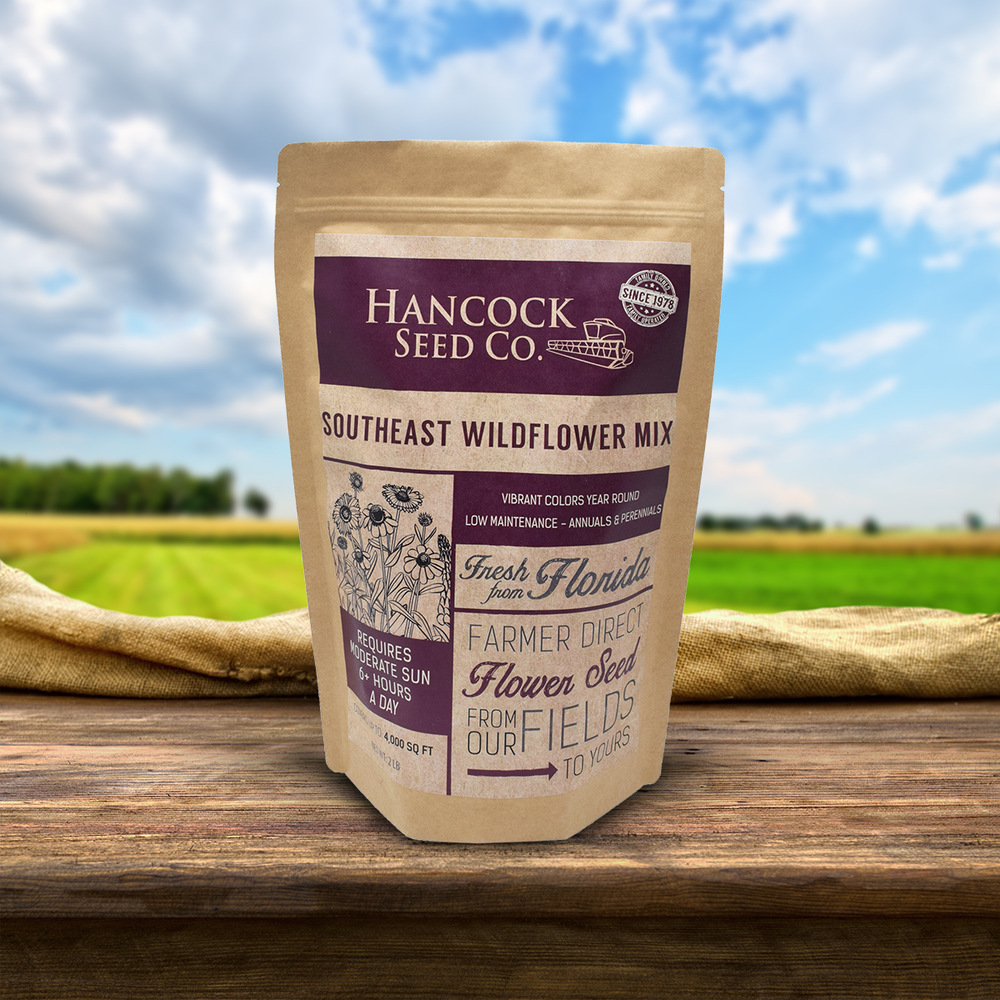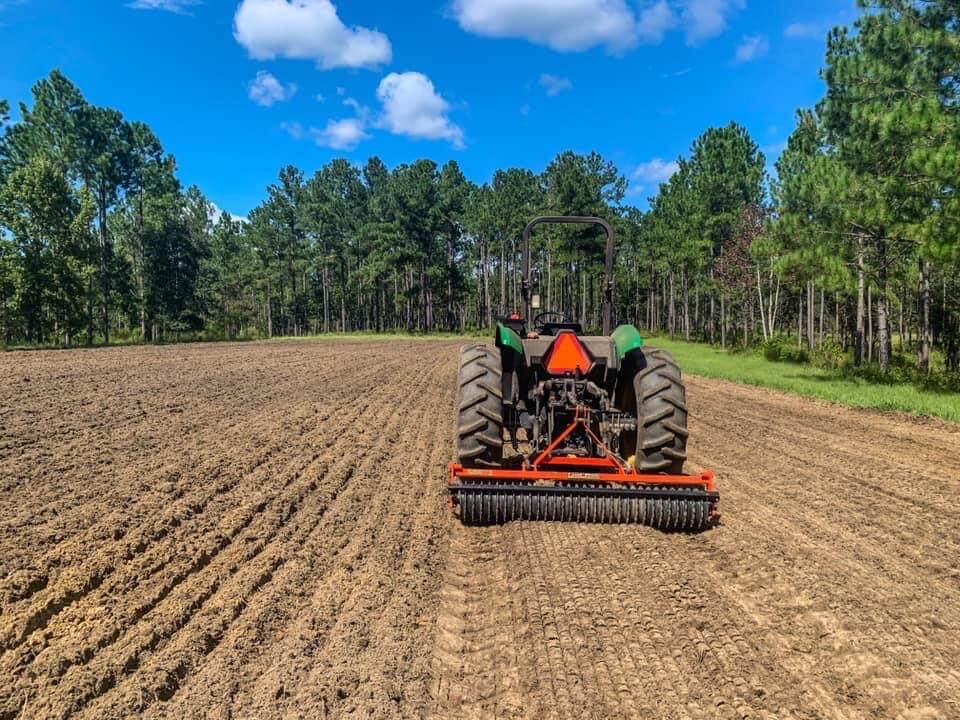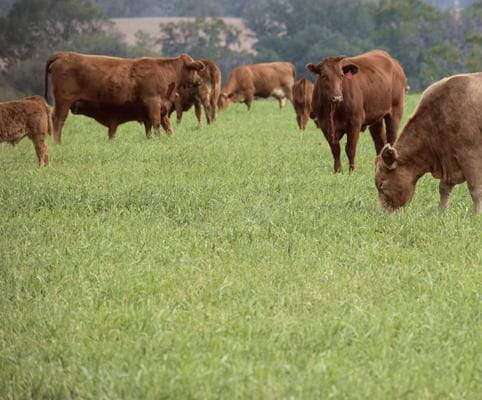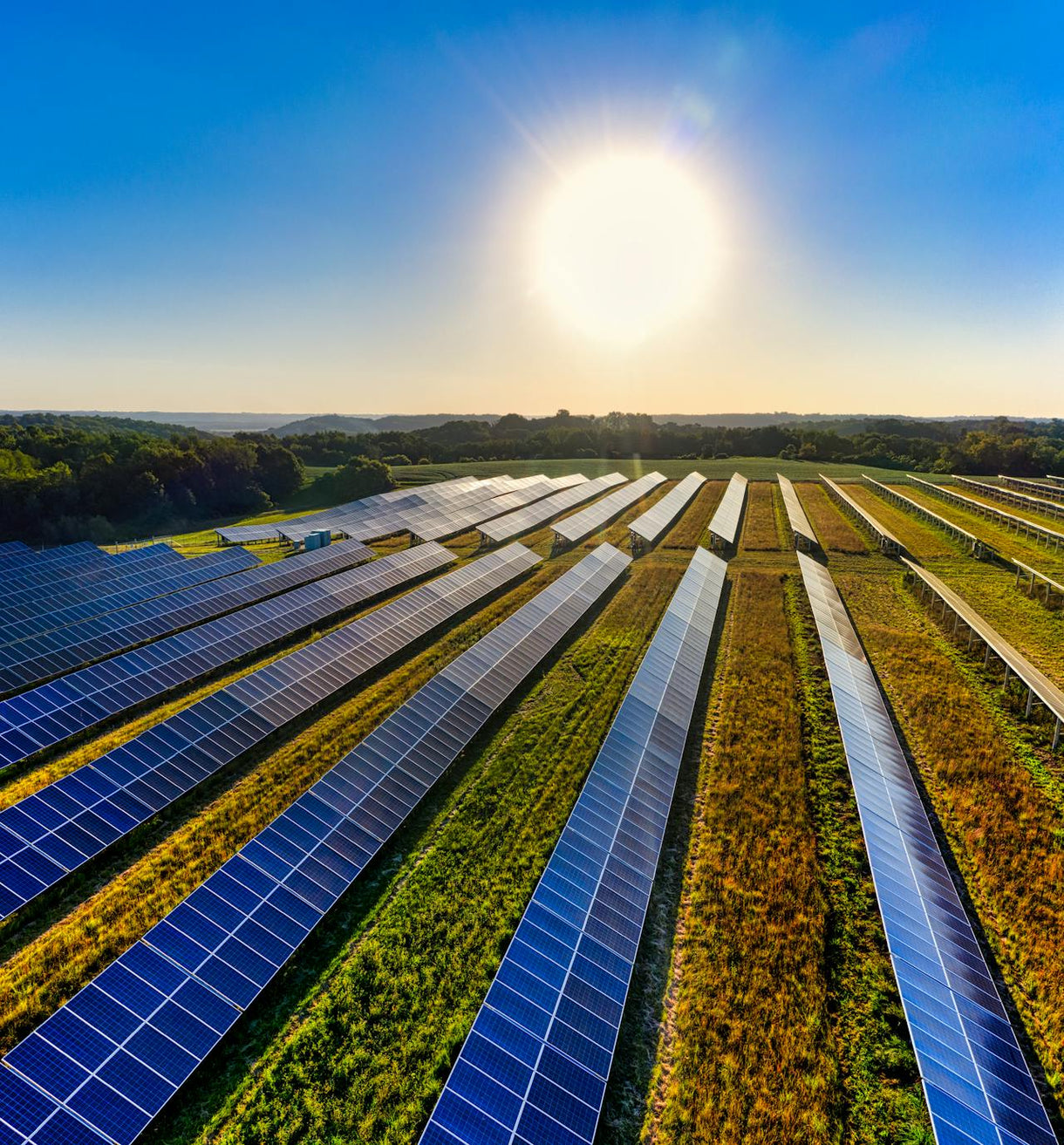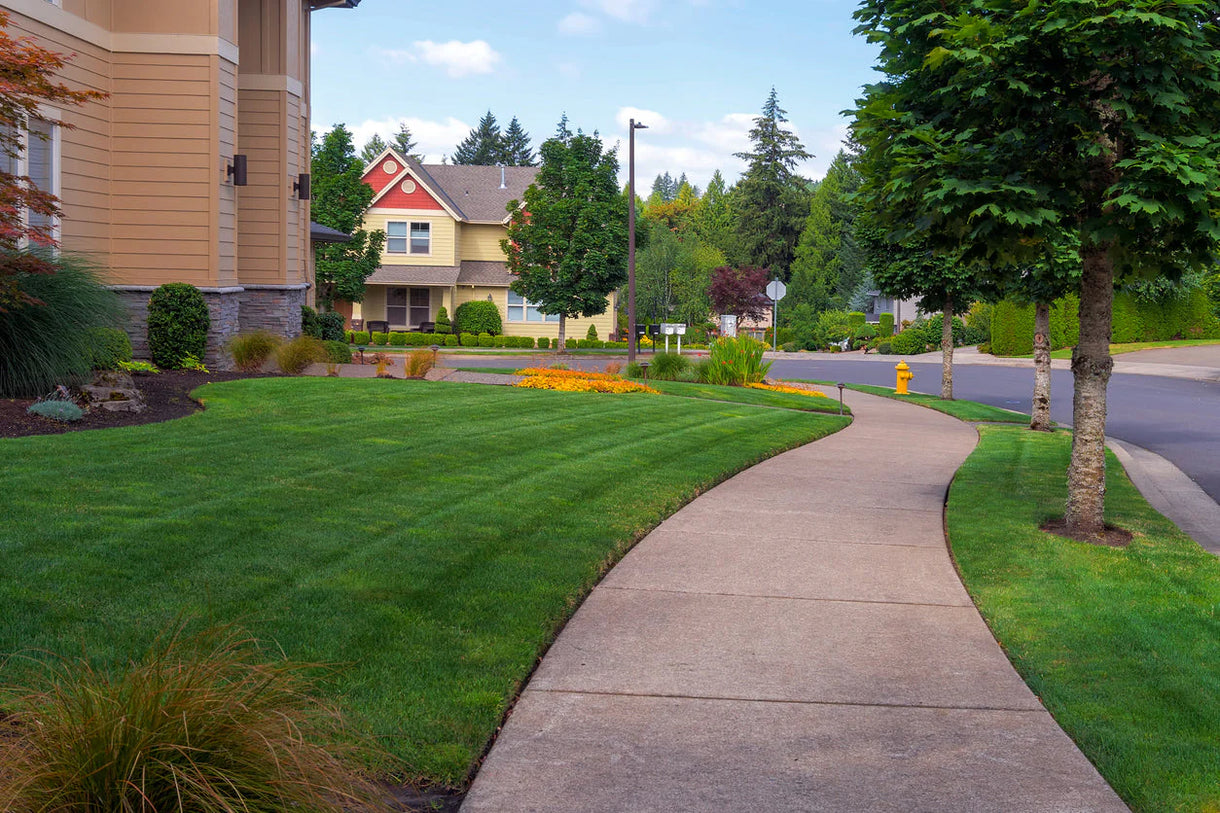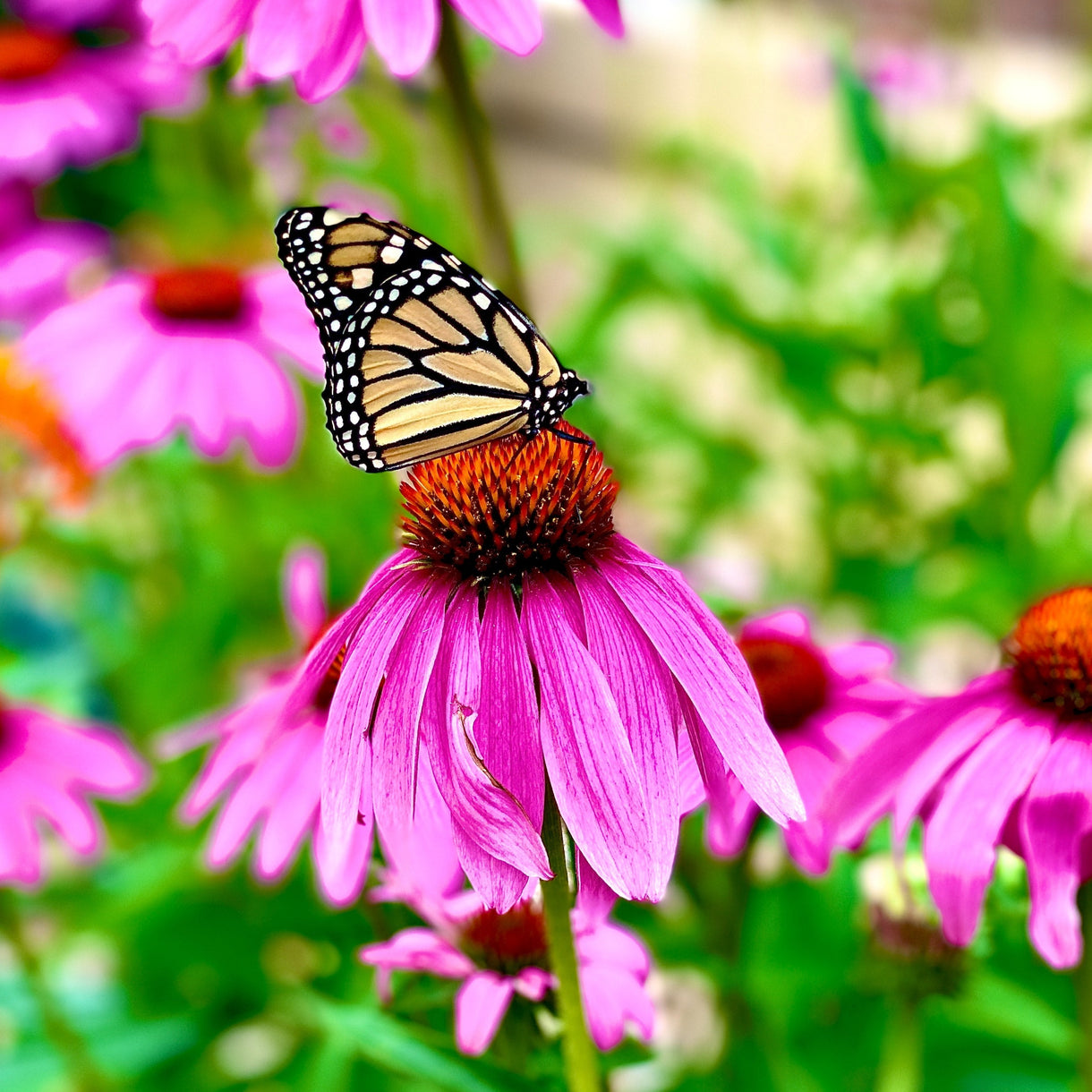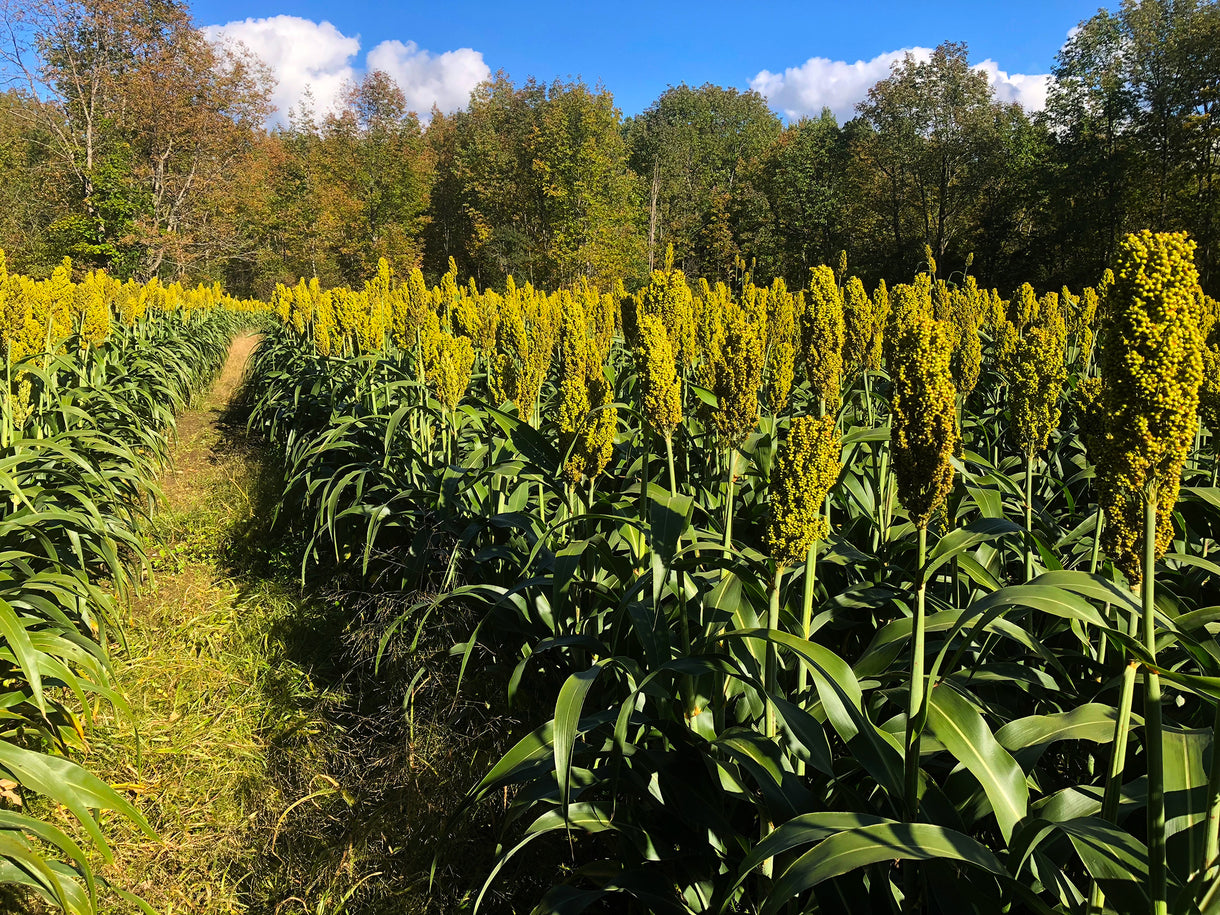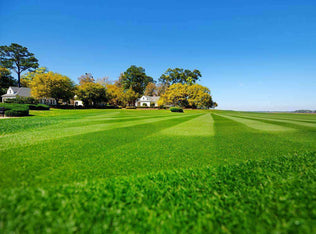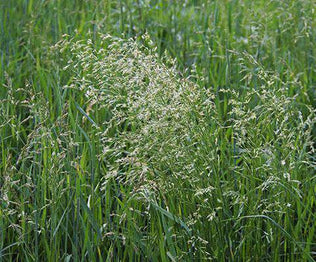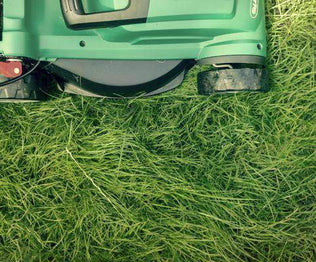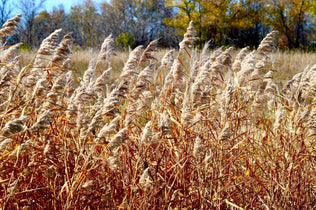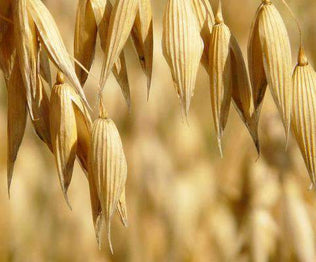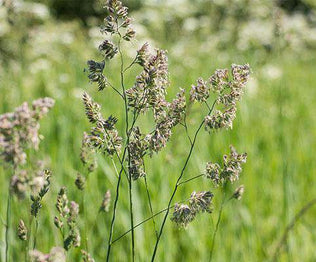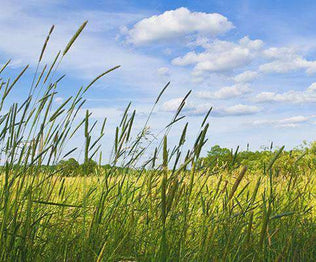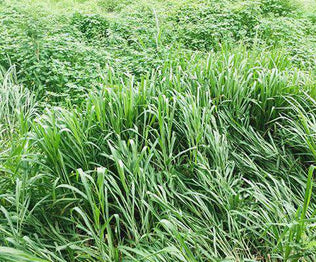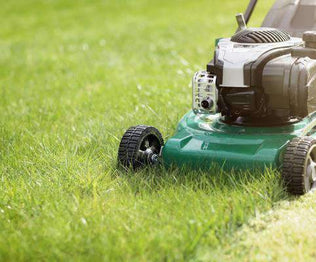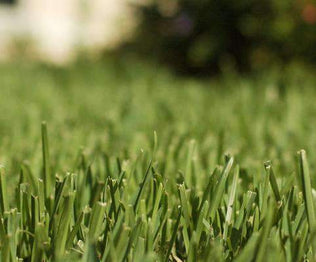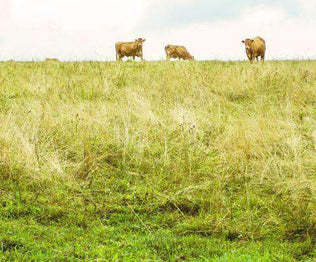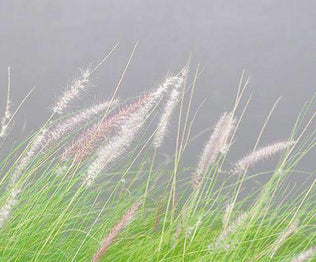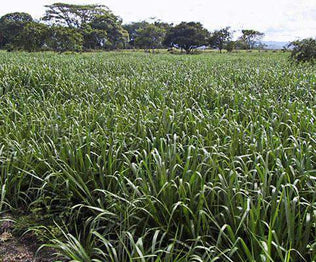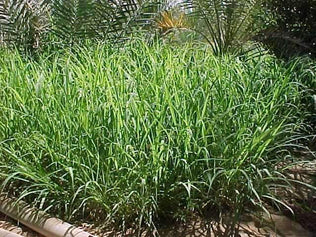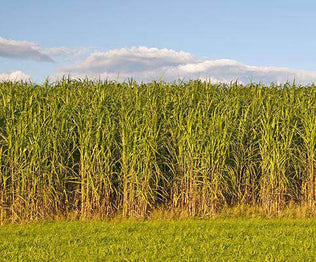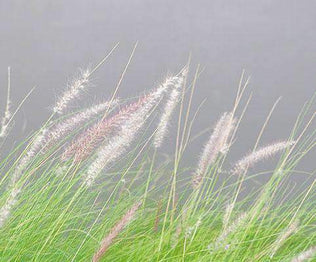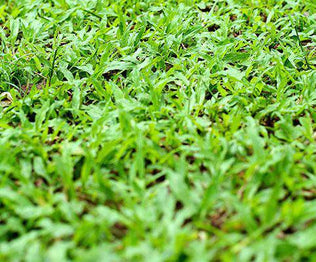Popular Products
Popular Products
Grass Seed
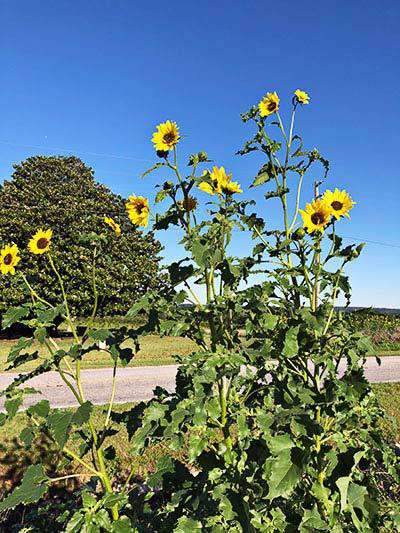
About Our Seed
At Hancock Seed Co., we curate a premium selection of grass seed varieties to meet the diverse needs of our customers. Our commitment to quality ensures that each seed we offer is carefully selected and cultivated for optimal performance and results.
Our top-quality grass seed varieties are sourced from reputable growers and undergo rigorous testing to ensure purity, germination rates, and adaptability to various growing conditions. Whether you're establishing a lush lawn or sowing cover crops, our selection has you covered.
We are glad you asked! We want you to be completely confident that when you order seed from our family farm it is of the freshest and highest quality. We know this because we either grew it ourselves or had one of our reputable growers produce it with our guidance and care.
For over 75 years our family’s commitment to quality ensures that every seed we offer has been rigorously tested after harvest to meet the highest quality standards of cleanliness and germination.
To us “farmer direct" is simply our day-to-day lifestyle of choice. Meaning our entire mission of our business and lifestyle is to bring you, the consumer, our agricultural products direct from our family or the family that put their heart and soul into growing them without the involvement of wholesalers or distributors. We are so passionate about this because it is a “win win” for all parties and it truly nourishes and supports all the family farms along the way.
It is no secret that around the globe small family farms and a rural way of life is a dying practice and we rest easy at night knowing we may have a small piece in preserving the lifestyle we love and selling premium seeds at the absolute fairest price. Thank you all for the trust you put in us as your seed supplier. We are humbled and thankful.
We love options! At Hancock Seed Co. we strive to offer just enough options to be able to meet the needs of as many customers as possible. As you can imagine, supplying seed around the globe we could easily get carried away with our product selection! Therefore, we chose to go with varieties such as heirlooms that have stood the test of time or varieties that we have researched and seen dominate in field trials over years.
Any product you see named a “Hancock” product in our signature series line is a shining example of varieties we trust the most and recommend with ease to the majority of our customers. We put our name behind them in an effort for you to fee
Yes we do, in fact bulk orders are our specialty! The best way to start the process of requesting a discounted bulk order quote is through our website here
Seed storage from climate-to-climate may be a challenge, but the simplest answer is keeping seed stored in a cool and dry environment is always best. Extreme heat or humidity can cause germination levels to fall faster than normal.
Do understand seed is a living and breathing object and must not be stored in anything air tight for extended periods of time. High moisture can also cause seed to mildew and become unviable. Majority of seed varieties stored in cool, dry locations will hold its germination rate for up to a few years on most occasions.
If you need guidance on selecting the perfect varieties for your custom mix it is best to complete our bulk quote form with as much detail as you can provide and one of our seed experts will reach out with best suggestions and guide you through with ease.
We ship seed domestically and internationally. Our goal at Hancock Seed Co. is to ship you the best seed at the lowest price as fast as we can! For convenience, we also offer free shipping domestically on majority of all our products under 50lbs.
Need to order more than 50 lbs., but frustrated you don’t get free shipping? Don’t be! Rest assured, we offer our lowest negotiated freight rates direct to you, which are reflected in your cart at checkout. We want to make sure your experience ordering seed is incredibly convenient and pleasant in every way.
We are very proud to grow, source, clean and package hundreds of different varieties of seeds here at the Hancock family farm.
We are also expanding our seed production globally each year and picking up new and improved varieties all the time. Stay tuned for more selection! If you need to source any varieties you do not see listed on our website, feel free to inquire at info@hancockseed.com.
If it is not possible to source your request, at the very least one of our seed experts can recommend an incredibly similar variety we do have readily available.
Being a farmer can be a stressful job. Relying solely on mother nature to cooperate with big expectations of a bountiful harvest is not always in the cards. Severe weather patterns, natural disasters, etc. are mostly the cause of a short crop due to quality issues after the cleaning process or lack of viable seed being made if it is damaged or destroyed in the field. Just like any other commodity, seed fluctuates on a market and supply and demand drive prices up often when it is short.
We also must hold back a fair amount of good quality planting stock for next year’s harvest so we have seed to sell to our customers. Being mindful of these fluctuations and occurrences is a must and unfortunately with less and less quality farmland preserved each year it just gets harder.
We want you to know that our drive and passion at Hancock Seed Co. is to support family farms all over the world which helps to ensure that year-to-year we have strong harvest reports and seed supply for our customers!
Expert help & Advice
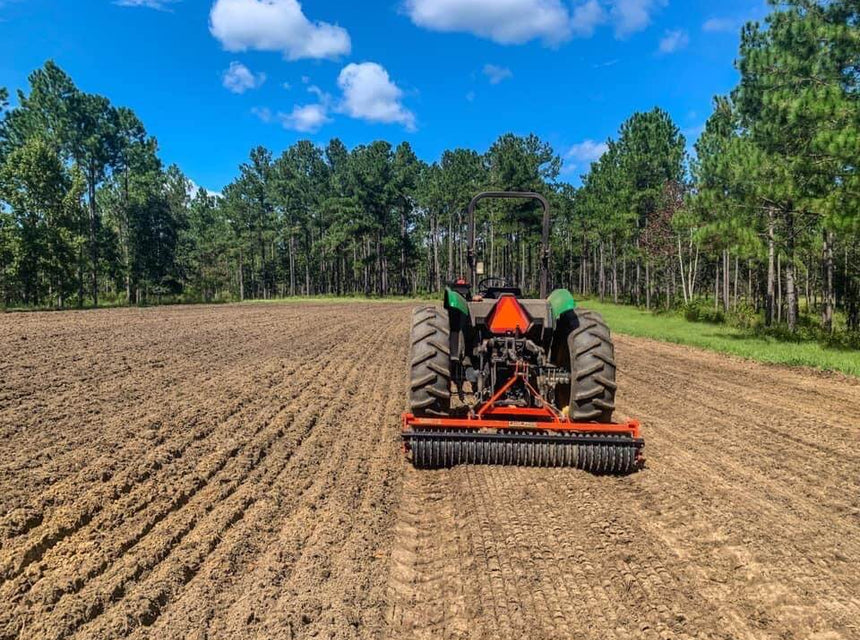
How Seed Quality Impacts Crop Yield & Sustainability

Wildlife Species Attracted by Food Plots & Benefits : A Hancock Seed Co. Guide

The Top 5 Perennial Grasses for Your Lawn for Transition Zone and Cool Season
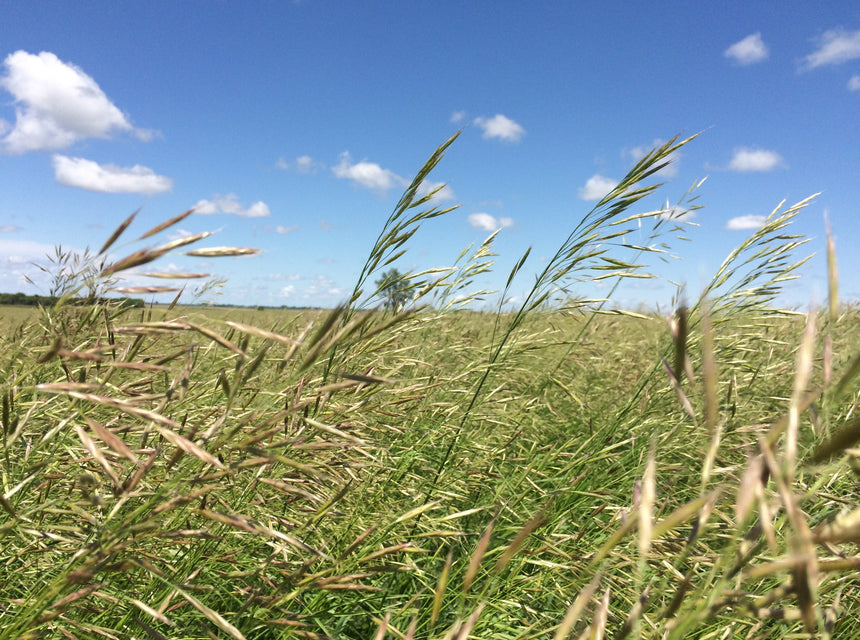
Tips for Creating a Wildlife Paradise - Mad Guy Outdoors
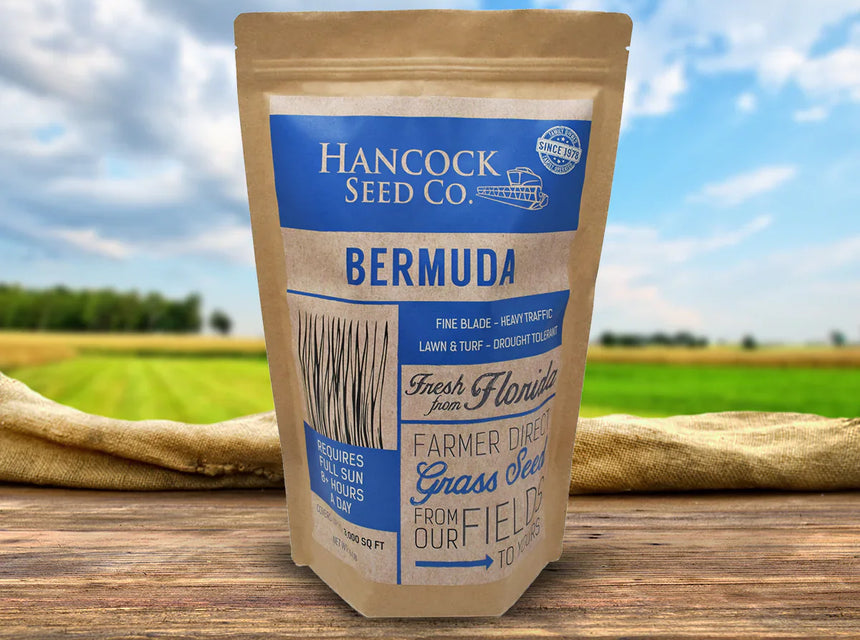
Better Homes & Gardens: Best Splurge Grass Seeds of 2023

The Benefits of Using Drought-Tolerant Seed Varieties
Get a Quote
Hancock Seed offers its eQuote system to provide bulk customers with the best rates possible, for both seeds and shipping. If you need to purchase 250lbs. of seed or more, please fill out the form below and indicate what product (or products) you are interested in, and how much you require. We will send you a quote within 24 hours of receiving your request. If you do not receive a response within 24 hours, please check your email’s spam folder, or call 1(800) 552-1027 during regular business hours. Thank you!
